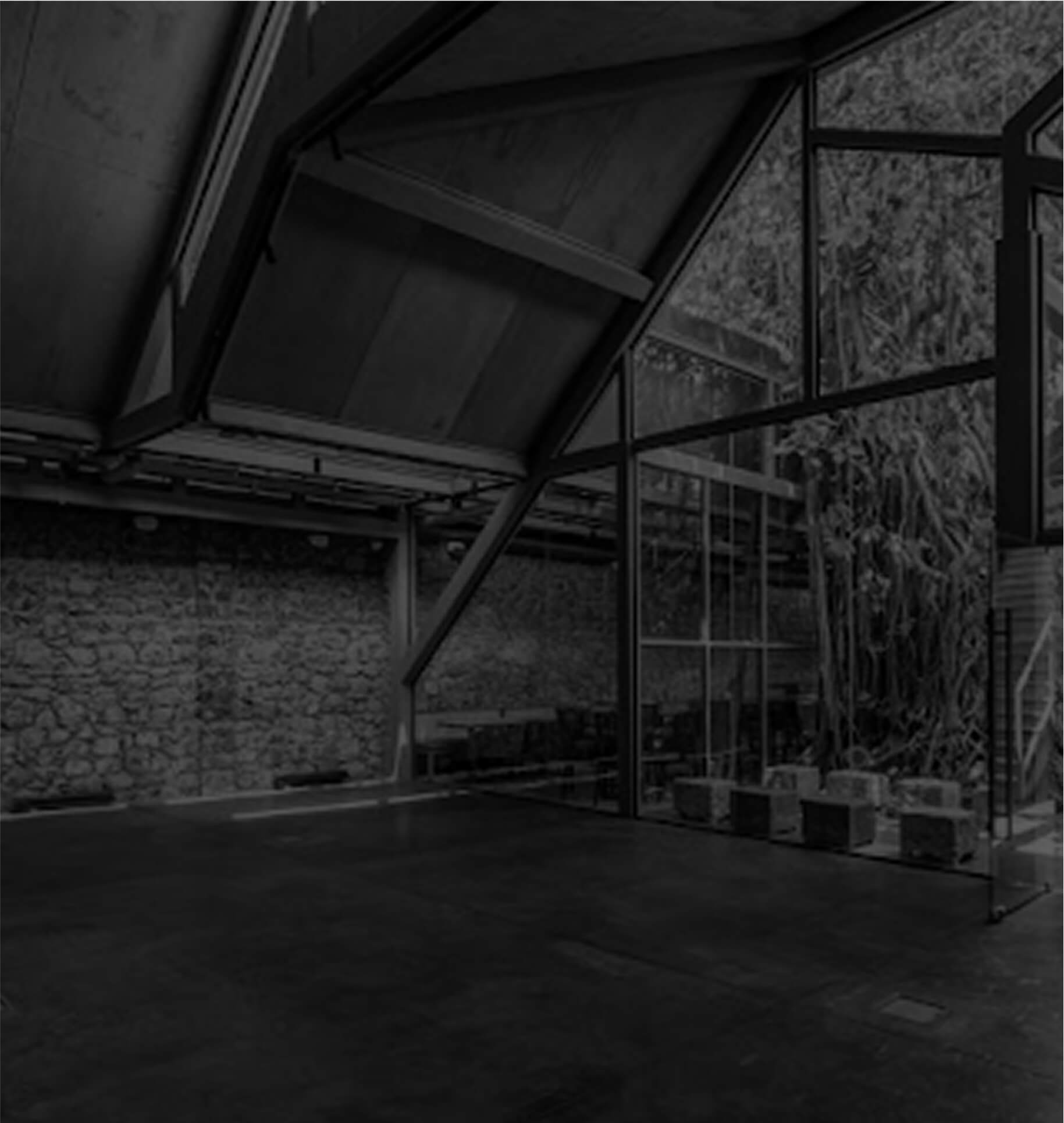
About The Event
Who decides where you look? ‘Directing the Eye’ celebrates and analyses the evolution of visual storytelling in cinema.
Our upcoming session features the eminent director Hansal Mehta.
Hansal Mehta is a film director best known for Shahid (2013), Citylights (2014), Aligarh (2016), Omertà (2018) and Scam 1992 (2020). He is known for films that depict social and political realities in deeply polarized and troubled times. His films are remarkable for their understanding of characters and their worlds, while telling important stories. His films Shahid (2013) and Omertà (2018) premiered as official selections at different editions of the Toronto International Film Festival (TIFF). Aligarh (2016) a moving tale about a professor suspended by university for being gay premiered at the BFI London Film Festival in 2015. His films have traveled to festivals around the world and have been extensively written about and discussed in both international and local forums. He won the National Award for Best Direction in 2014 for his film Shahid. His most recent work is the webseries ‘Scoop’, streaming now on Netflix.
See you there!
*Registrations to be announced soon
Date: 2nd August’23
Time: 6:30-7:30 pm


